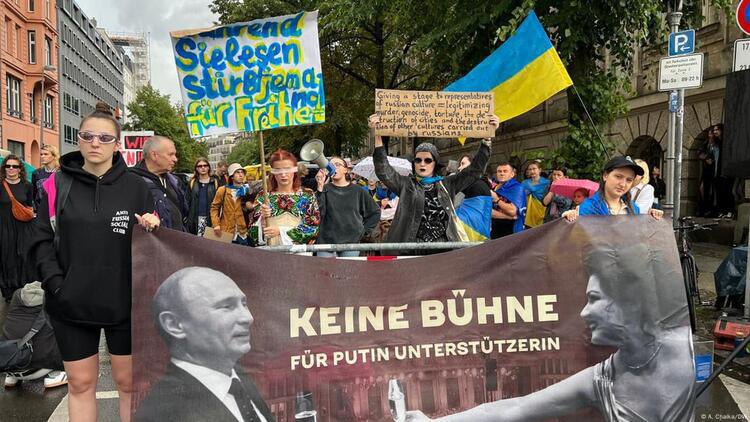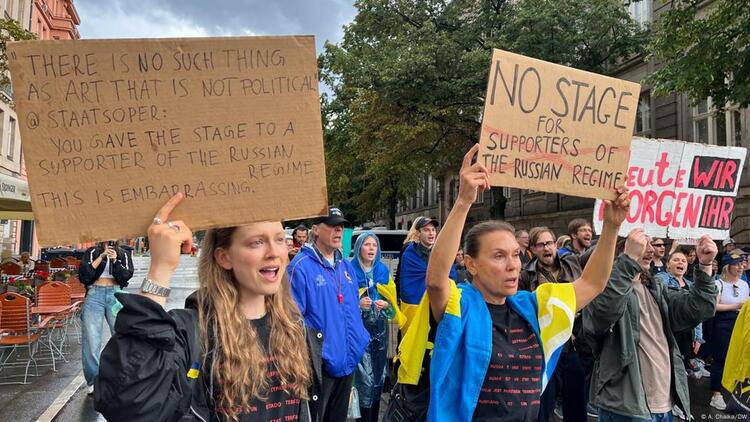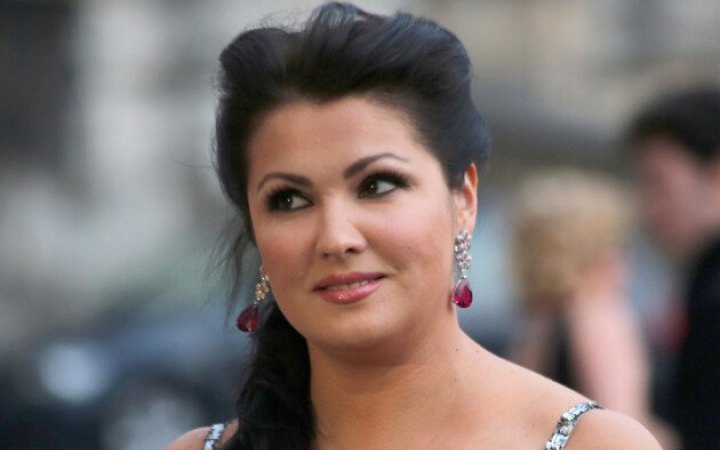The Royal Opera in London has announced the return of Russian soprano Anna Netrebko, who will appear on the stage of the Royal Opera House for the first time after a six-year hiatus. She is scheduled to take part in several productions in the 2025–2026 season, a decision that has already sparked protests among both Ukrainian and British cultural communities.
Netrebko’s first performance is planned for September 2025, when she will sing the lead role in Giacomo Puccini’s Tosca, directed by Oliver Mears. The performances, running from 11 to 21 September, will be part of the debut season of the theatre’s new music director, Jakub Hruša. The controversial soprano is also set to perform in Turandot in December 2025 and to give a solo concert on 24 June 2026.
Covent Garden’s decision to reinstate Netrebko has been met with fierce criticism. More than 50 Ukrainian artists, British parliamentarians and cultural figures have urged the theatre to withdraw its invitation, recalling her photograph with the flag of Novorossiya in 2014 and her long-standing ties to Russian power circles. In an open letter, the organisers of the campaign stated that Netrebko’s return “ignores the pain of Ukrainians and undermines the principles of cultural solidarity in times of war”.

Although Netrebko’s career changed significantly after Russia’s full-scale invasion of Ukraine in February 2022, with many leading theatres – including the Metropolitan Opera in New York – cutting ties with her over her connections to the Kremlin and her ambiguous stance on the war, she began returning to European stages by mid-2022:
- April 2022 – Monte Carlo, role of Manon Lescaut
- May 2022 – Paris and La Scala in Milan, concerts described in the media as “triumphant”
- Summer 2022 – Arena di Verona (Aida, Turandot)
- September 2022 – opening of the season at the Vienna State Opera (La bohème)
- May 2024 – Wiesbaden, Internationale Maifestspiele festival (Turandot)
The Ukrainian cultural community has repeatedly urged European theatres not to collaborate with Netrebko, emphasising her photograph with the Novorossiya flag and her proximity to the Kremlin. Nevertheless, tickets to her performances continue to sell out.

Speaking exclusively to LB.ua, Volodymyr Sheyko, Director of the Ukrainian Institute, commented:
“Back in February 2022, the Royal Opera issued a statement in which the full-scale war was described as a ‘humanitarian crisis’, with no mention of Russia at all. Since then, their rhetoric has not changed. Therefore, Anna Netrebko’s return to the stage of the Royal Opera should be interpreted not as an artistic decision, but as a political signal. We are talking about an artist who for years was associated with Putin’s regime and helped legitimise its aggression. Her statements ‘against the war’, made under duress after losing contracts, do not change this reputation.
“The Royal Opera’s decision demonstrates the ethical blindness inherent in many Western institutions, which still fail to understand that culture, used for decades by Russia’s propaganda machine, cannot be separated from politics. Today it is no longer enough to be ‘against war’: cultural figures must adopt a clear and articulated stance – both artistic and civic – and institutions must take this into account when inviting them to collaborate.”
The theatre’s management and Jakub Hruša, the new music director, have defended the decision. They argue that the main criterion is “artistic value”, and that Netrebko remains one of the world’s leading sopranos. The theatre also stresses that she has publicly condemned the war, has not performed in Russia since 2022 and does not support Kremlin policy.
Critics, however, maintain that this is insufficient. They argue that in times of war, cultural institutions must weigh the ethical stance of artists as carefully as their professional accomplishments.










